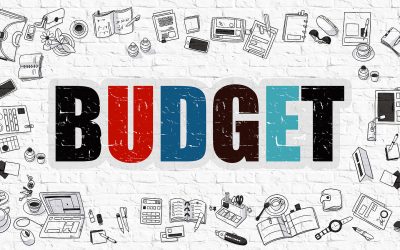Taxpayers conducting operations in certain industries may claim a refund of the road accident fund levies included in the price they paid for fuel used in those activities. The Gauteng High Court recently issued judgments in disputes involving these refunds in Dankie Oupa Delwery CC v C:SARS (Case A216/2023) and Sandbaken Boerdery (Pty) Ltd v C:SARS (Case 053180/2022). Despite the taxpayers operating in different industries, the issues in dispute and the findings of the courts share many similarities. This article reviews some key findings and lessons other taxpayers may draw from these.
Issues in dispute
In Dankie Oupa, the taxpayer carried on diamond mining activities in Welverdiend, in the North West province. SARS required it to repay the refund it received on the basis that:
- The tax invoices used to support the refund did not contain the taxpayer’s address, and
- The logbooks provided did not comply with the requirements in relevant schedule of the Customs and Excise Act (the schedule). It was not possible to ascertain whether the fuel was, in fact, used for eligible purposes. This was even after the taxpayer submitted further information, as the process allows for.
The taxpayer in Sandbaken conducted mixed farming activities. In this case, SARS ruled:
- The invoices that the taxpayer used to support the refund did not comply with the requirements of the schedule,
- The diesel usage and storage logbooks did not comply with the requirements of the schedule, and
- The taxpayer did not prove that it used the diesel in its primary production activities.
The overlap between the issues in dispute is arguably already a lesson for other taxpayers because it indicates some of the focus areas that SARS considers to assess the eligibility for refunds.
Findings and lessons
Complying with the requirements in the schedules
In both cases, the taxpayers argued that the requirements in the schedules were not peremptory that compliance was achieved if the purpose of a provision is met. They relied on Allpay Consolidated Investment Holdings (Pty) Ltd and Others v Chief Executive Officer of the South African Social Security Agency and Others 2014 (1) SA 604 (CC). In Sandbaken, where this aspect was considered extensively in the judgment, the court concluded that the law makes it clear that a taxpayer only qualifies for the refund for fuel purchased for use and used for the purpose specified in the schedule, subject to compliance with the clear language used in the schedules.
Logbook requirements
The documentation, in particular logbooks, must reflect the full journey of fuel from purchase to disposal/use. The descriptions must enable SARS to establish whether the fuel was used for eligible purposes or not, taking into account that only the fuel used in certain prescribed activities qualify for the refund (not all activities relating to, for example, mining or farming). Description like ‘delving’ or ‘livestock activities’ are not sufficient for this.
Invoices
It was not necessary for the court to consider the question relating to invoices in Dankie Oupa. However, in Sandbaken, applying the above interpretation, the court concluded that the requirement for a tax invoice, defined in a specific manner, required the taxpayer to hold an invoice with all the specified information on it.








